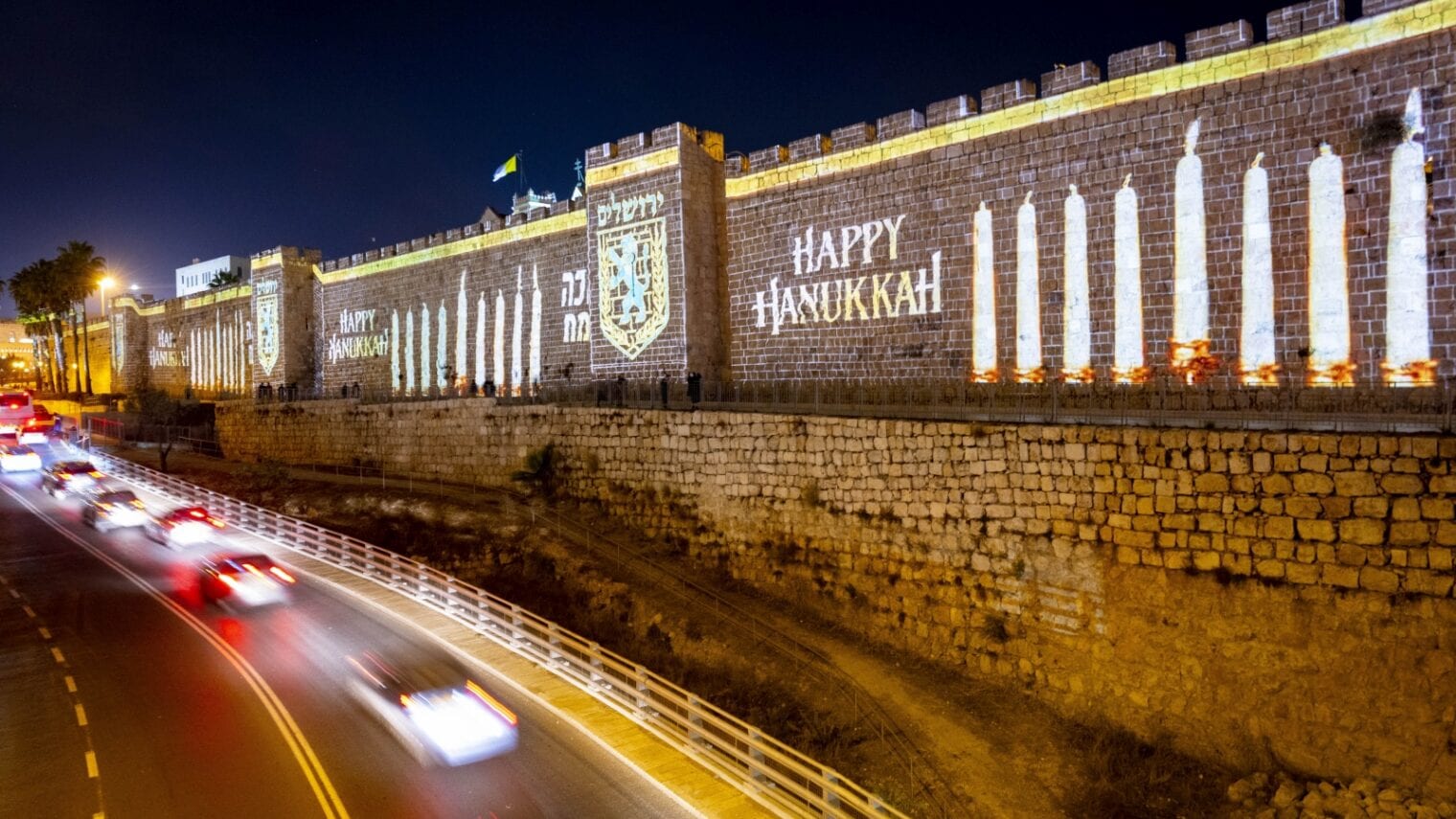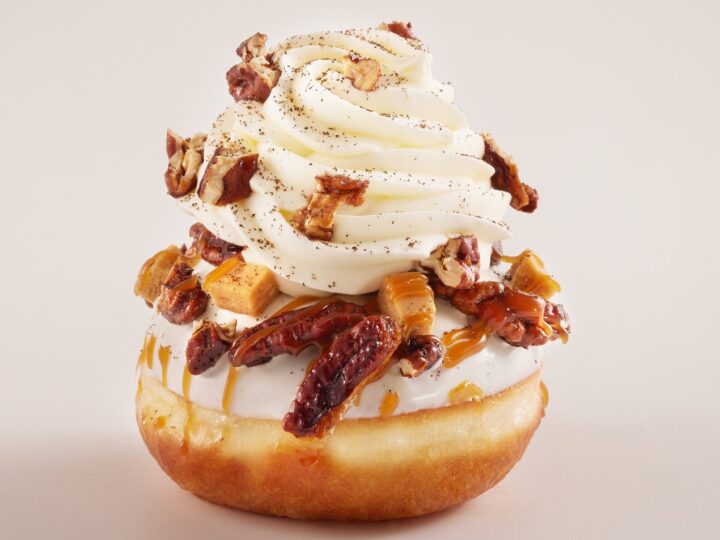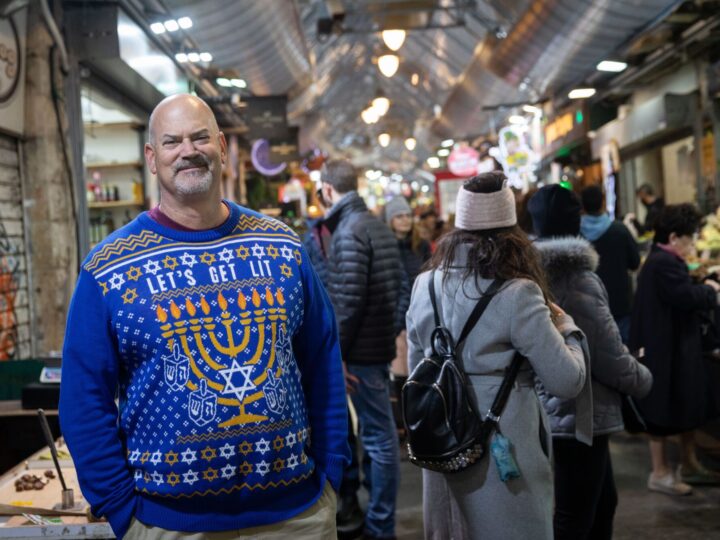Last time a Jewish holiday was celebrated in Israel, on October 7, we woke up to a horrific reality of massacres, hostages and 1,400 dead. Since then, the war waging between Israel and Hamas has somehow managed to mess with time.
Some 150 people are still held hostage in the Gaza Strip, hundreds of thousands of people are still evacuated from their homes in the country’s north and south, and many millions more still haven’t slept a full night, worried about their loved ones fighting on the frontlines. And yet, like always, time does move on. And here we are, on the brink of the most joyous festival on the Jewish calendar – Hanukkah, the festival of light.
We hope that this year too Hanukkah will manage to bring some light into our lives, and in an attempt to brighten things up and maintain some sense of normality, we thought to share with you eight fun facts about the holiday. We hope it’s a happy and peaceful one, and that you’ll get to celebrate it with your nearest and dearest.
1. It’s part of humanity celebrating light
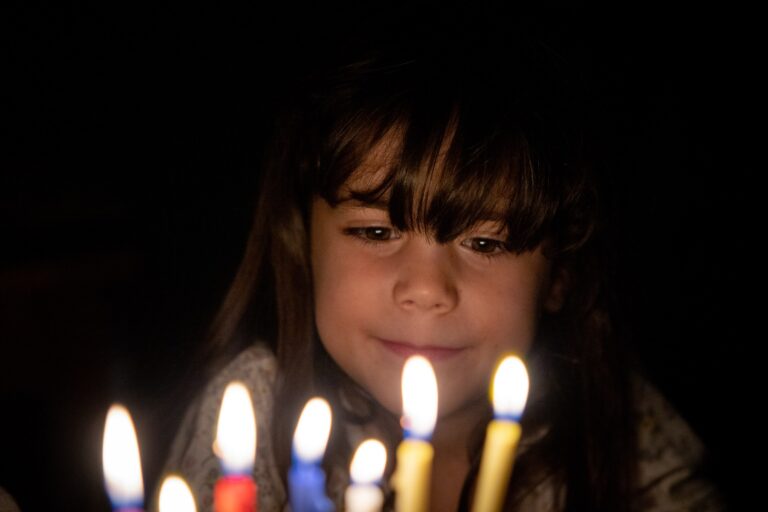
Hanukkah is all about light – we light eight candles to remember the miracle of a tiny amount of oil maintaining the light at the Temple in Jerusalem during the revolt and victory against the ancient Greeks in the second century BCE. The beauty of the candles against the winter nights is an uplifting one, so it perhaps comes as no surprise that we’re not the only ones holding on to that glow.
Christmas, of course, is celebrated worldwide at around the same time, and the lit trees, reindeers, gardens and roofs are a fabulously fun sight in the middle of winter. Then, there’s also Diwali, the Hindu festival of light, which symbolizes the victory of light over darkness and good over evil and which is celebrated over almost a week with oil lanterns and candles brightening up homes and temples.
2. It’s a source of delicious divide
On Hanukkah it is recommended – nay, obligatory – to eat as many fried foods as possible, in celebration of that victorious oil lamp in the Temple. This is nowadays translated into copious amounts of fritters, or levivot, and donuts, also called sufganiyot.
Interestingly, most people fall into one of two camps – they are either firm advocates of fried fritters (hot potato pancakes! With loads of sour cream!), or avid fans of donuts (all that sugar! And chocolate covered sprinkles!). You’ll be hard-pressed to find people who love both equally, and even see that many are prepared to give up one option in order to consume more of the other during one sitting. And if you too prefer potato fritters, you are in the correct camp.
3. Donuts in Israel have gone through the roof
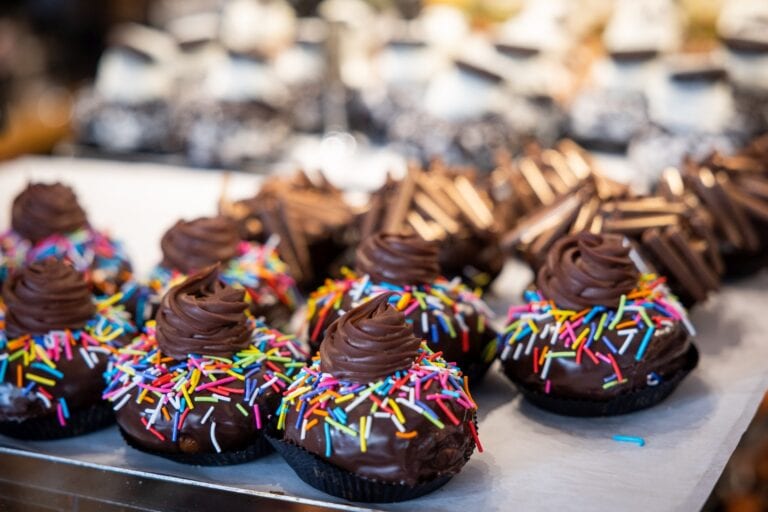
Nevertheless, to satisfy the sugar cravings of the donut camp, the sufganiyot market in Israel has gone absolutely crazy over the past decade or so. If once upon a time simple, sugar-coated donuts filled with strawberry jelly were the standards, nowadays they’re a rare treat, to be discovered behind rows and rows of incredible confections.
Think of donuts with syringes bursting with syrups stuck into them, towering affairs topped with rose petals, or poor pieces of dough collapsing under 20 different chocolate fillings. Prices have also gone through the roof, but don’t forget that you’re paying for proper pieces of art.
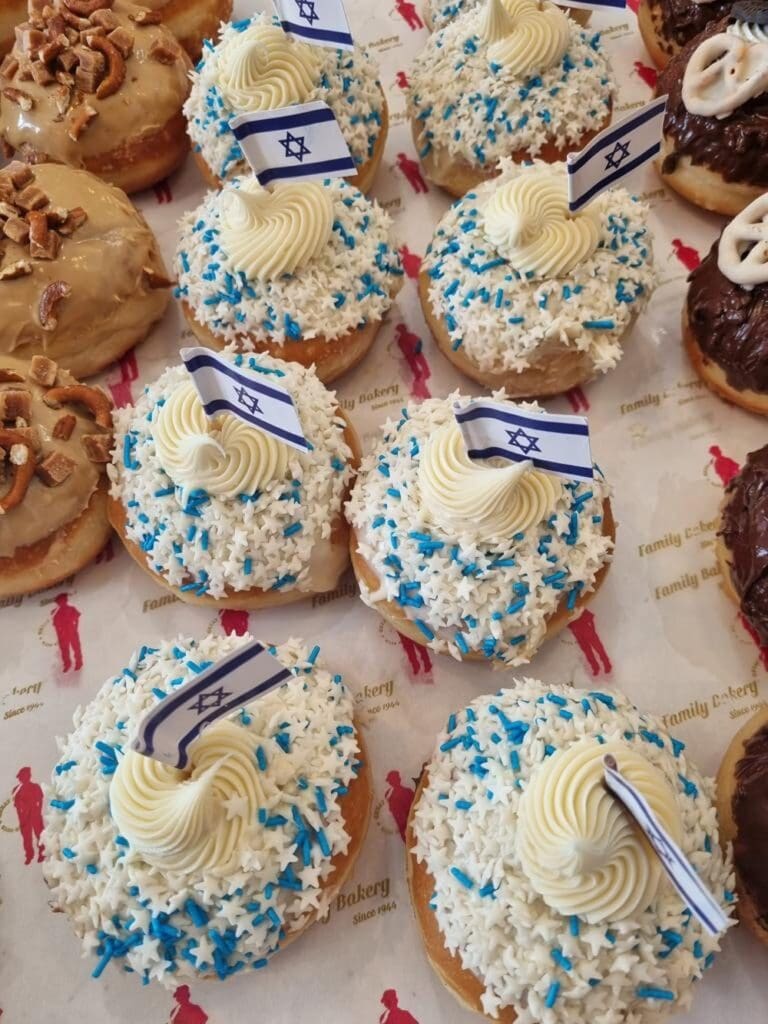
4. Get your GPS out for candle lighting
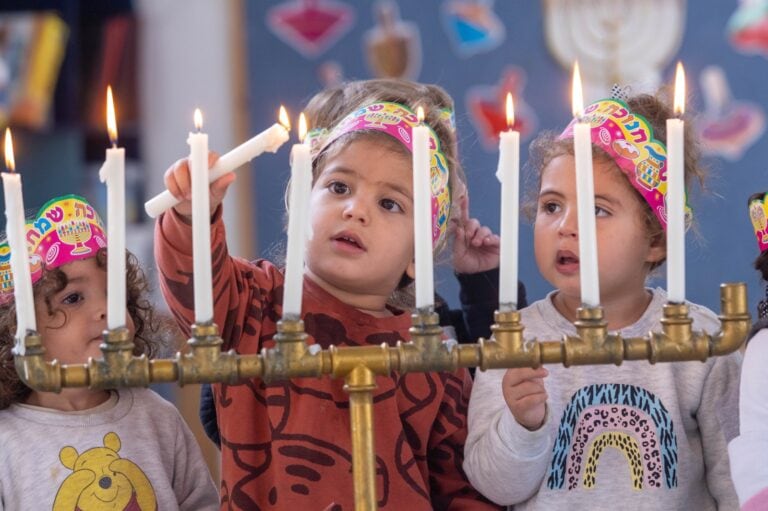
The main element of Hanukkah, donuts aside, is the lighting of the Hanukkiyah, sometimes also known as a Hanukkah menorah. And this, friends, is not freestyle event. According to accepted rules, you should place the candles right to left to correspond with the direction in which you read the Hebrew language. But you should light the candles from left to right, giving more attention to the new candle first.
5. It’s all about the money, money, money
In many Jewish families, it is customary for adults, usually grandparents, to supply children with coins, either chocolate ones or proper, cold cash. Called Hanukkah gelt (Yiddish for money), the tradition of handing out coins to children probably harks back to 18th century Europe, while the chocolate version became popular in the United States in the 20th century. While it doesn’t actually have much to do with Hanukkah itself, the cover story that the tradition got was that it symbolizes the new coins the Jews in Israel minted to mark their victory over the Greeks. Who are we to argue with that.
6. Dreidel, dreidel, dreidel
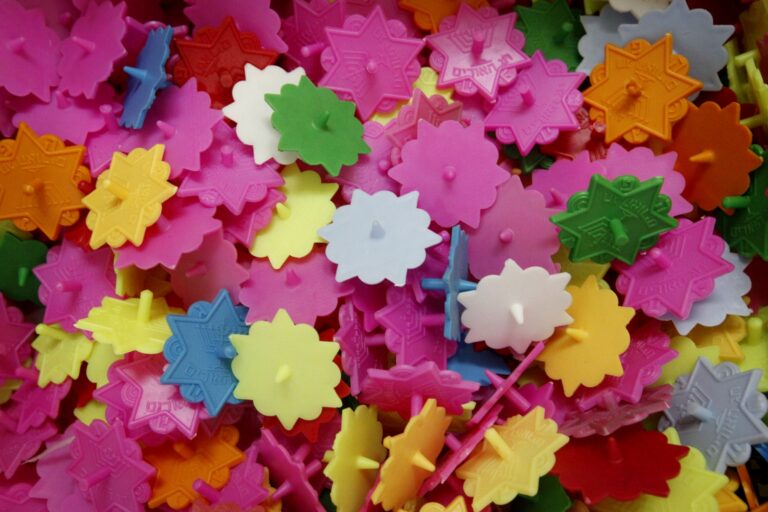
Another hallmark of the holiday is dreidels, or little spinning tops that are actually not that fun to play yet are a must at any holiday get-together. Tradition holds that kids used to meet up in secret to learn Torah, the Jewish Bible, but if a Greek soldier happened upon their meeting they would pretend to be gambling with their dreidels, since Torah learning was forbidden. Good thing they didn’t have Fortnite back then.
7. It’s supported by archaeological evidence
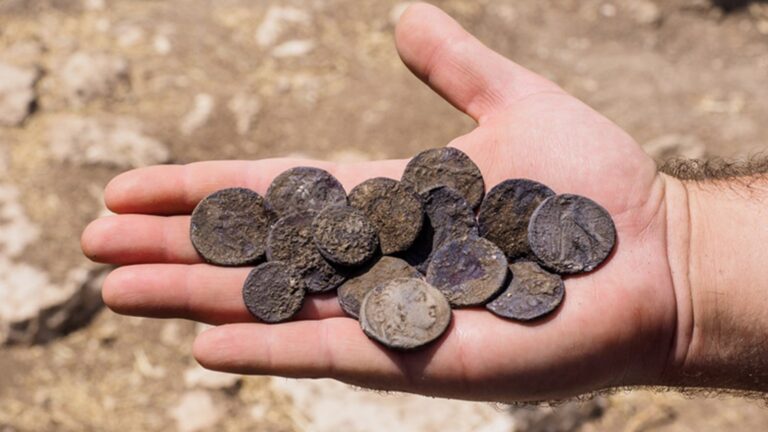
Hanukkah and Purim, the two most fun festivals in Judaism, are not in fact mentioned in the Old Testament, and neither are they considered major holidays. But what Hanukkah does have going for it is archaeology (the story behind Purim, meanwhile, took place in Iran, so it’s a bit difficult for us to dig up evidence there). A couple of years ago, for example, archaeologists unearthed a Seleucid (ancient Greek) fortification that was destroyed by the Hasmoneans (the Hanukkah heroes) some 2,100 years ago (right about the time of the Hanukkah story).
Other Hanukkah-inspired finds include a coin cache found in 2016 dating back to the Hasmonean period showcasing bronze coins bearing the names of Hasmonean kings such as Yehohanan, Judah, Jonathan and Mattathias. In 2020, meanwhile, a perfectly preserved oil lamp was discovered in excavations of the Pilgrimage Road in Jerusalem’s City of David, in a typical example of pottery from the first century BCE, in the final years of Hasmonean rule.
8. Hanukkah is the most fun festival on the Jewish calendar
As briefly noted above, Hanukkah is the most fun festival on the Jewish calendar. No fasting is required, nor rigorous cleaning, travel, or sitting across the table from a dead fish’s head (we’re looking at you, Rosh Hashana). Instead, all you have to do is sit back with the family, devour deep-fried food and receive copious gifts. Sure, if you’re the one hosting you have to grate mountains of potatoes, stink up your whole home with the stench of deep frying and sacrifice a few hours of your life to purchase donuts. But if you’re a guest, it’s absolutely perfect.
To enjoy more stories about Hanukkah in Israel, click here.




